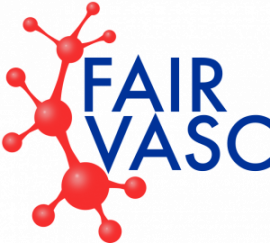
1. Do you find patients’ organizations involvement in scientific projects important?
Yes, patient organisation involvement is essential. We are the end users of these projects and need to be involved in the design and implementation to ensure patient prioritised research and meaningful outputs for those living with the condition. Patient organisations facilitate the important link between the relevant stakeholders. There is no point in having interesting research that does not meet the needs of the community it seeks to help. There is no point in having interesting research that is so complicated the beneficiaries do not understand what the implications are and therefore fail to take ownership with the management of their condition.
2. What is the role of patient organizations in FAIRVASC?
The lived experience and practicalities of daily life with Vasculitis is quite different from symptom management. Our data is what is kept within these registries, so we have an important role in helping to design consent forms, advise on data collection, data protection, data use and to relay any information back to the patient community about the registry work. The patient perspective helps the researchers understand the impact of their work and how to address any problems early in the process which leads to less waste of valuable resources and more meaningful outcomes.
3. Do you see the benefits that an initiative like FAIRVASC can bring to patients?
The ability to combine information from vasculitis registries from all over Europe creates a robust, reliable set of data in this rare disease area. This allows identification of prevalence and incidence of Vasculitis throughout Europe, record time to diagnosis, types of treatments used and helps us learn more about managing these difficult conditions in a timely and appropriate manner, improving our quality and quantity of life. Being a stakeholder in this project has brought more understanding of the processes involved to the patient community. As a result, they are more empowered to adopt new ideas, question them and suggest improvements, creating a system that is more aligned to the needs of all the stakeholders. Everybody can win.
